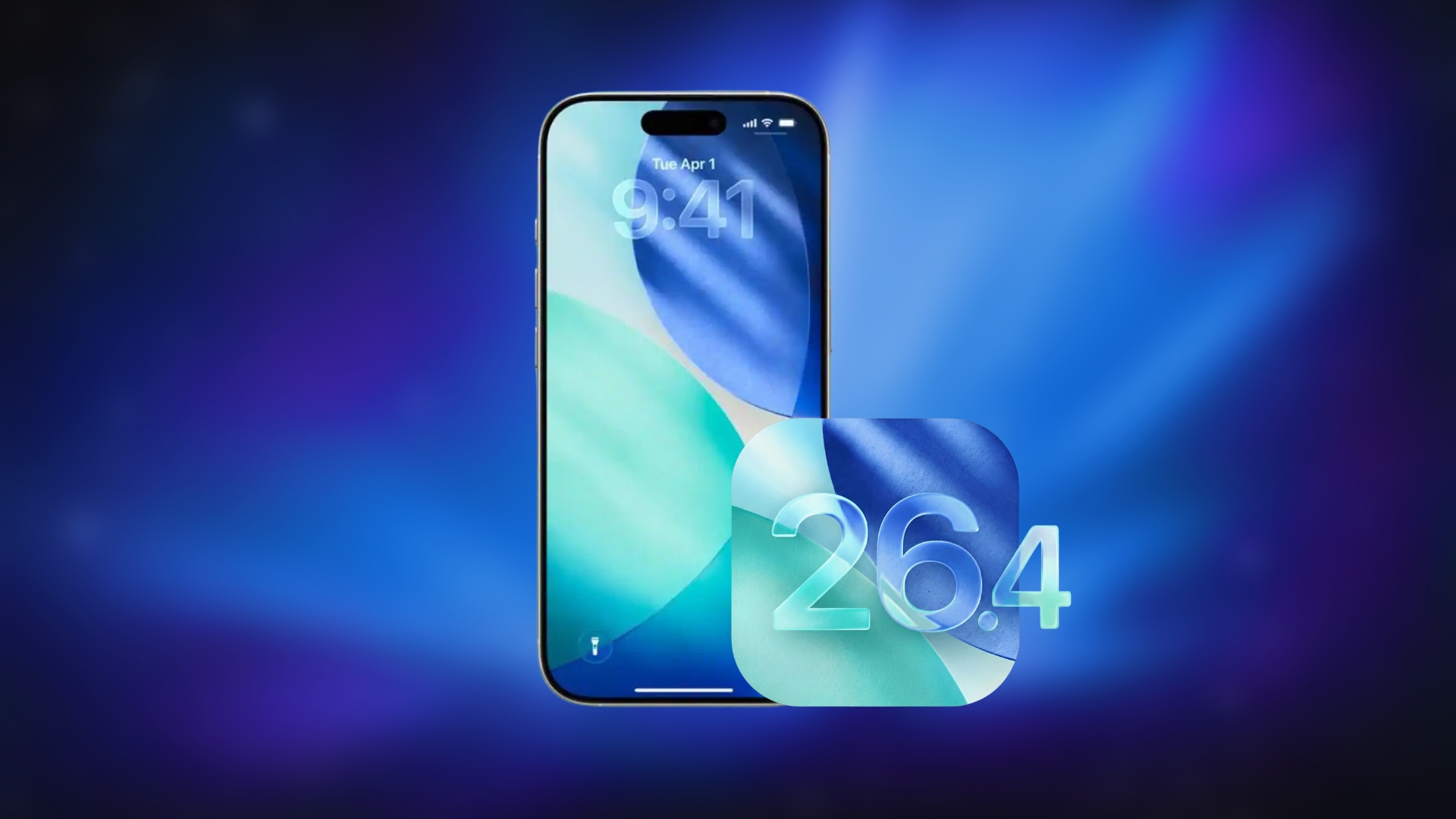Following the release of macOS 26 Tahoe in September 2025, numerous users reported significant performance degradation on their Macs. Tasks that were previously seamless, such as scrolling or switching between windows, began exhibiting noticeable lag. Additionally, system fans would activate more frequently without an apparent cause. Upon investigation, the common denominator among affected systems was the use of applications built on the Electron framework, including popular apps like Slack, Discord, and Visual Studio Code.
Understanding the Electron Framework and Its Role
Electron is a cross-platform application framework that enables developers to create desktop applications using web technologies like HTML, CSS, and JavaScript. This approach allows for a unified codebase across multiple operating systems, streamlining the development process. However, this convenience comes with the responsibility of ensuring compatibility with each operating system’s unique features and updates.
The Root Cause of the Performance Issues
The performance issues were traced back to a specific implementation within Electron’s rendering engine. Historically, Electron utilized a private AppKit method known as `_cornerMask` to manage window aesthetics, including rounding and shadow effects. While this method functioned adequately in previous macOS versions, the introduction of macOS 26 Tahoe brought significant changes to the system’s graphics rendering pipeline. These changes inadvertently exposed the limitations of Electron’s reliance on the private `_cornerMask` method.
In macOS 26 Tahoe, Apple’s redesigned graphics engine introduced the Liquid Glass aesthetic, emphasizing transparency, soft corners, and dynamic shadows. Electron’s override of the `_cornerMask` method conflicted with these new rendering techniques, leading to a scenario where the WindowServer process was forced to repeatedly recalculate and repaint window shadows. This continuous loop resulted in excessive GPU resource consumption, manifesting as system-wide sluggishness and increased fan activity.
The Resolution: Electron Framework Updates
Upon identifying the root cause, the Electron development team acted promptly to address the issue. They removed the override of the private `_cornerMask` method, allowing macOS’s default rendering processes to function without interference. This correction was implemented in Electron versions 36.9.2, 37.6.0, and 38.2.0.
For end-users to benefit from this fix, application developers needed to update their respective applications to incorporate the patched Electron versions. Several high-profile applications have since released updates to address the performance issues:
– Slack: The team collaboration tool has been updated to include the Electron fix, restoring optimal performance on macOS 26 Tahoe.
– Discord: The popular communication platform for gamers and communities has integrated the updated Electron framework, resolving the slowdown issues.
– Figma: The web-based graphics editing and user interface design app has been patched to ensure smooth operation on the latest macOS version.
– Visual Studio Code: Microsoft’s source-code editor has been updated to incorporate the Electron fix, enhancing performance for developers using macOS 26 Tahoe.
Users running the latest versions of these applications should experience a return to normal performance levels.
Applications Awaiting Updates
While many developers have promptly addressed the issue, some applications are still operating on older Electron builds and may continue to cause performance degradation until they are updated. Notable applications in this category include:
– 1Password: The password manager has yet to release an update incorporating the Electron fix.
– Dropbox: The cloud storage service is still operating on an older Electron version, potentially affecting system performance.
– Bitwarden: The open-source password manager has not yet integrated the updated Electron framework.
– Postman: The API development environment is awaiting an update to address the performance issues.
Users of these applications may continue to experience sluggish behavior until the respective developers release updates incorporating the patched Electron versions.
User Recommendations
To mitigate performance issues, users are advised to:
1. Regularly Check for Application Updates: Ensure that all applications, especially those built on the Electron framework, are updated to their latest versions.
2. Monitor System Performance: Utilize the Activity Monitor to observe GPU usage. If the WindowServer process exhibits high GPU consumption when a particular application is open, it may indicate that the application has not yet been updated.
3. Implement Temporary Workarounds: Some users have found that minimizing affected applications when not in use or disabling transparency effects can temporarily alleviate performance issues. However, these are not permanent solutions and may impact the visual experience.
Ultimately, the most effective resolution is for developers to update their applications to incorporate the patched Electron versions. Once these updates are applied, users should notice a significant improvement in system performance, with GPU activity returning to baseline levels.



